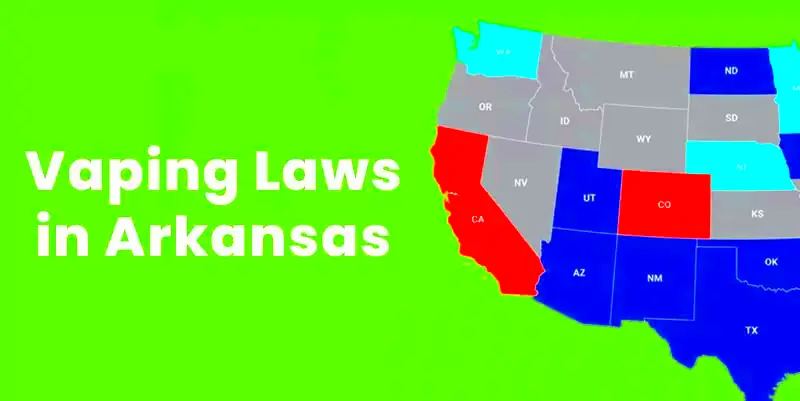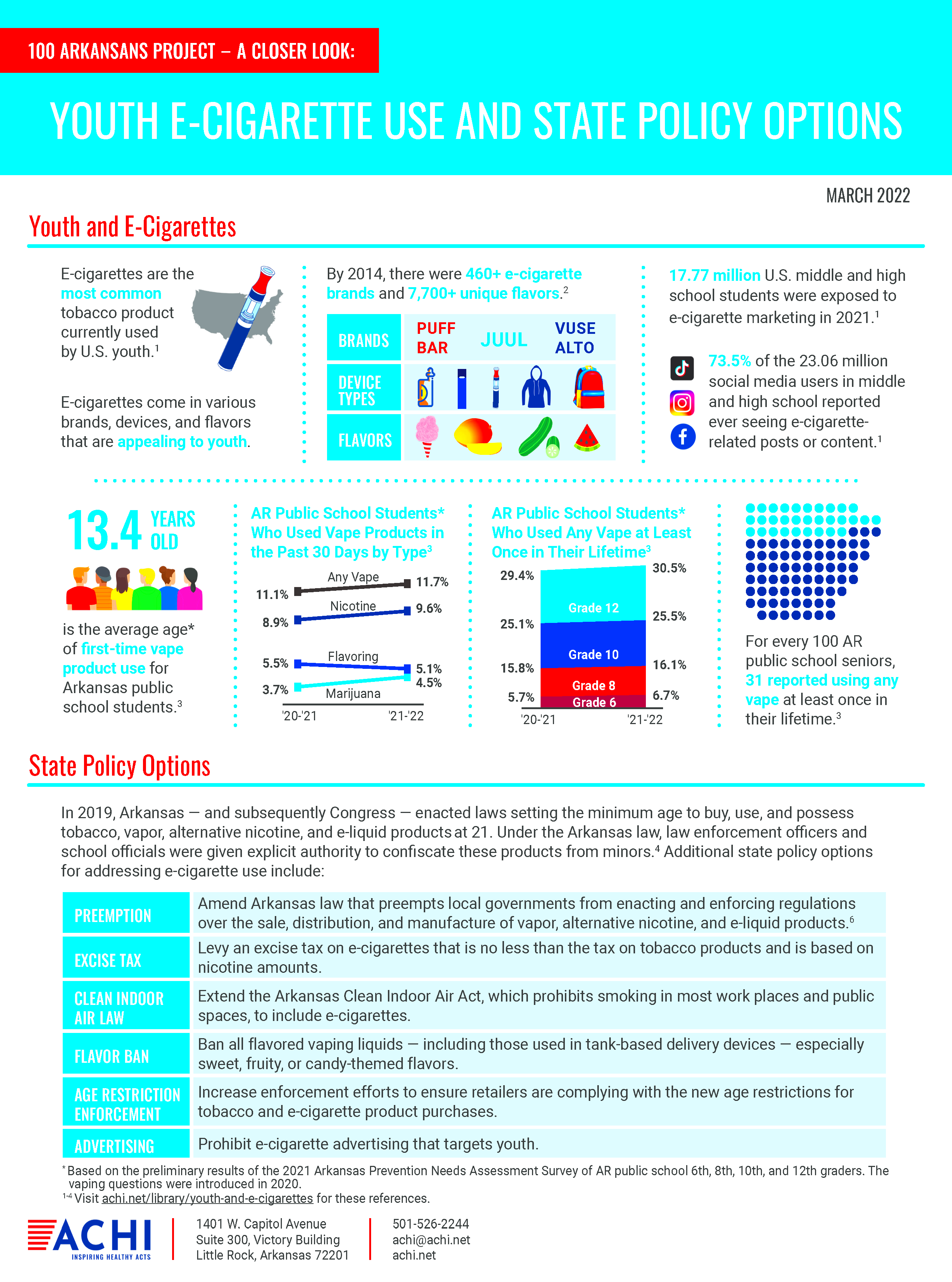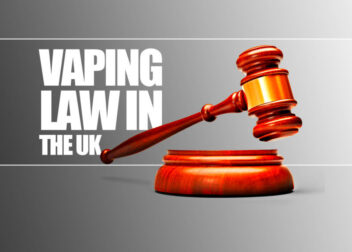Arkansas Vape Laws and Their Impact on Public Health
In recent times Arkansas has made strides in controlling vaping due to increasing worries about public health and safeguarding the youth. These regulations seek to strike a balance between catering to adult vapers and safeguarding minors from the risks associated with nicotine addiction. Whether you live in the area or are simply interested in how various states approach vaping laws it’s important to grasp these regulations. Lets delve into the details and explore how they impact our everyday lives and the realm of health.
Regulations on Vape Products

Arkansas has put in place various rules to manage the sale and distribution of vaping products. These regulations aim to prioritize safety and minimize the attraction of vaping among the youth. Some of the key measures include
- Ingredients Disclosure: Manufacturers must list all ingredients in their products. This transparency helps consumers make informed choices.
- Product Approval: Vape products must be approved by state authorities before they can be sold. This process includes testing for harmful substances.
- Packaging Requirements: All vape products must be sold in child-resistant packaging to prevent accidental ingestion by children.
These rules show a way to deal with the possible dangers of vaping. For example clear ingredient labels allow users to know what they are breathing in which is essential for keeping things open and building trust.
Age Restrictions and Sales Regulations

A crucial element of Arkansas vape regulations is the stringent enforcement of age limitations. The goal is to stop young people from getting their hands on vape products that can be both habit forming and detrimental to their health. Here are the highlights,
- Minimum Age: You must be at least 21 years old to purchase vape products in Arkansas. This rule is consistent with federal regulations and helps limit access among younger individuals.
- Identification Checks: Retailers are required to verify the age of customers before selling any vape products. This practice is crucial in ensuring compliance with the law.
- Penalties for Non-Compliance: There are significant penalties for selling vape products to minors, including fines and potential suspension of business licenses.
Looking back on my experiences I see that these age limits are not merely rules but rather a way to protect the well being of future generations. Arkansas seeks to curb nicotine use among teenagers by restricting access to young individuals who are more susceptible to developing an addiction.
Advertising and Marketing Guidelines
In Arkansas the rules governing the promotion and marketing of vape products are not only strict but also essential. These regulations are put in place to reduce the attractiveness of vaping to youth and to promote responsible marketing practices. Personally I find it intriguing how these policies seek to strike a balance, between business interests and public well being.
- Advertising Restrictions: Vaping products cannot be advertised on platforms primarily frequented by minors, such as children’s television channels or certain social media platforms. This restriction helps minimize exposure to younger audiences.
- Marketing Strategies: Companies must avoid using imagery or themes that might appeal to children, like cartoon characters or flashy colors. This ensures that marketing does not target or inadvertently attract younger consumers.
- Disclosure Requirements: Advertisements must include clear health warnings about the potential risks of vaping. Transparency is key in making sure that consumers are aware of what they’re getting into.
Looking back on these rules I think they show a careful way of handling the impact of ads. By limiting the promotion of vape products in terms of location Arkansas is trying to shield the youth from being influenced by enticing marketing strategies.
Public Smoking Bans and Vaping Restrictions
In Arkansas there is a strong stance against vaping in public areas similar to its stance on smoking. These restrictions play a role in safeguarding public health and making sure that everyone can enjoy common spaces without the potential health hazards linked to vaping.
- Indoor Vaping Bans: Vaping is prohibited in enclosed public spaces such as restaurants, bars, and workplaces. This is similar to smoking bans and aims to protect people from secondhand vapor.
- Outdoor Restrictions: There are also restrictions on vaping in certain outdoor areas like playgrounds and sports fields. The goal is to minimize exposure to children and others who might be sensitive to vapor.
- Designated Areas: Some establishments may designate specific areas for vaping, but these must be clearly marked and separated from non-smoking areas.
From what I’ve seen these limitations go beyond simply upholding regulations; they aim to create a setting that promotes well being for all. By maintaining areas clear of vaping Arkansas is placing importance on the overall welfare of the community and showing consideration towards others.
Impact on Youth and Adolescents
The effects of vaping on young people and teenagers raise concerns among parents and lawmakers in Arkansas. These regulations aim to tackle the risks involved and stop a new generation from developing a nicotine addiction.
- Increased Vaping Rates: Studies have shown that even with regulations, vaping rates among teenagers can be high. This underscores the need for continuous education and stricter enforcement of existing laws.
- Health Risks: Vaping can pose several health risks to young people, including nicotine addiction, lung issues, and potential impacts on brain development. Awareness campaigns are essential to educate both teens and their families about these dangers.
- Preventive Measures: Schools and community programs are increasingly focusing on prevention and intervention strategies to address vaping among youth. These initiatives play a vital role in curbing the rise of vaping in younger demographics.
Based on what I have noticed in my own life I believe that tackling youth vaping goes beyond simply enforcing regulations. Its also about creating a nurturing atmosphere for our youths. By taking a well rounded approach to these challenges Arkansas seeks to protect the wellbeing of its future generations and pave the way for a healthier future.
Health Effects of Vaping and Public Health Concerns
The impact of vaping on health has sparked a lot of conversations lately and for good reason. Having witnessed the buzz and apprehensions that come with trends I believe it’s important to delve into the effects of vaping on our well being and shed light on why public health worries take center stage in this discussion.
Vaping was first promoted as a healthier option to smoking, but studies show a more nuanced reality. Let’s delve deeper into it.
- Nicotine Addiction: Many vape products contain nicotine, which is highly addictive. Even though vaping might seem less harmful than smoking, the addiction potential is still significant.
- Lung Health: The inhalation of vape aerosol can cause lung irritation and other respiratory issues. Studies have linked vaping to conditions like asthma and bronchitis, especially in young users.
- Unknown Long-Term Effects: Since vaping is relatively new, the long-term health effects are not fully understood. This uncertainty adds to the public’s concerns, especially regarding its potential to cause serious health problems in the future.
I believe that while vaping can provide relief for smokers looking to quit it’s important to stay cautious about the possible dangers. Public health initiatives and studies play a role in grasping and addressing these concerns.
Enforcement and Penalties for Violations
Upholding vaping regulations is essential to ensure adherence and safeguard public well being. Arkansas has established a system to address breaches with the goal of fostering a secure atmosphere for all. Observing different regulatory methods it becomes evident that robust enforcement plays a role in upholding the credibility of these statutes.
Here’s an overview of how Arkansas manages enforcement and penalties:
- Inspection and Monitoring: State authorities conduct regular inspections of retail establishments to ensure compliance with vaping regulations. This includes checking age verification processes and product labeling.
- Penalties for Violations: Retailers found violating the regulations face fines, suspension of business licenses, and other penalties. These measures are intended to deter non-compliance and ensure that laws are followed.
- Public Education: In addition to penalties, Arkansas invests in public education to inform both businesses and consumers about the rules. Awareness is key to preventing violations and fostering a culture of compliance.
In my opinion the combination of inspections, fines and educational initiatives strikes a balance in upholding regulations. It not only ensures compliance with laws but also offers support to prevent future transgressions.
Frequently Asked Questions
As vaping laws change people tend to wonder how these rules affect them personally. Here are a few frequently asked questions along with my insights and observations.
- Can I vape in public parks in Arkansas? Vaping is generally prohibited in public parks and playgrounds to protect children and others from exposure to vapor.
- What should I do if a store sells vape products to a minor? Report the incident to local authorities or the Arkansas Department of Health. They can investigate and take appropriate action.
- Are there any special rules for vaping in workplaces? Yes, many workplaces have their own policies regarding vaping, often mirroring public indoor smoking bans. Always check with your employer’s guidelines.
These frequently asked questions address issues and offer helpful responses to assist in understanding the intricacies of vaping rules. Staying updated and contacting authorities for inquiries or concerns is always wise.
Conclusion
As we conclude our examination of the vaping laws in Arkansas it becomes evident that these rules have an impact. While they establish a system to address the effects of vaping on public health especially in safeguarding our youth from potential dangers they also signify a societal shift towards caution and responsibility when facing new health challenges. Personally witnessing the changing landscape of public health policies I view these laws as a considerate response to an issue. They strike a balance between upholding personal liberties and prioritizing the protection of community welfare. Staying updated on these regulations enables us to navigate this uncharted territory, with clarity and ensures that we all play a role in fostering a healthier society.


